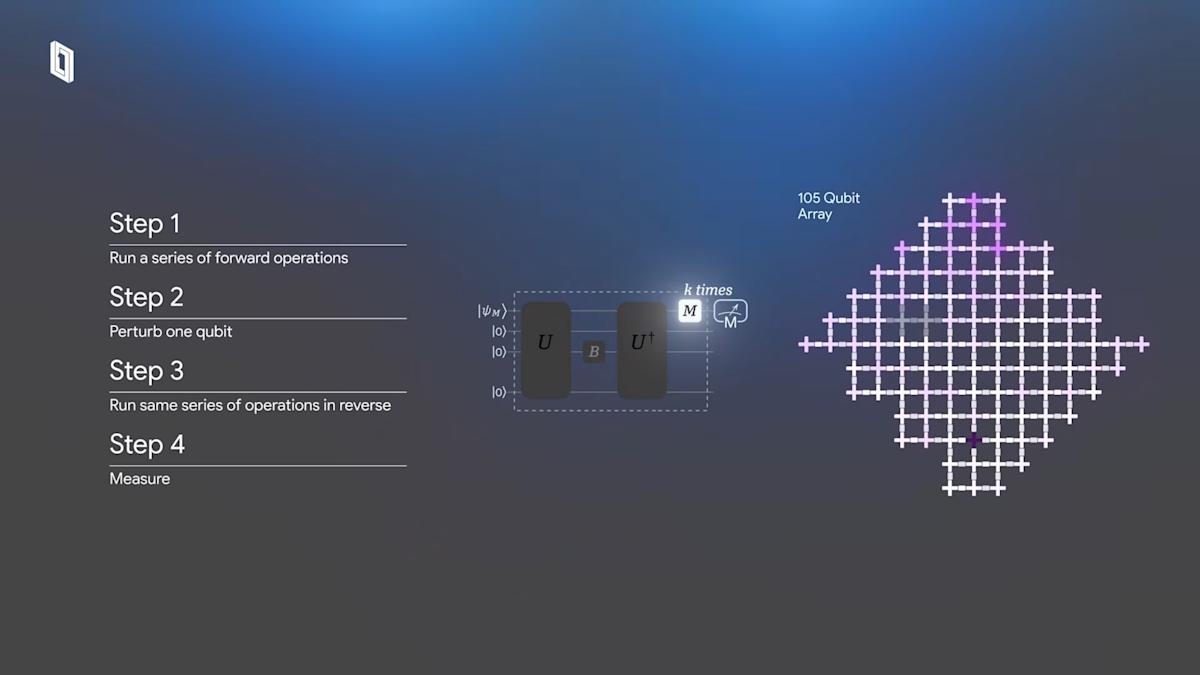Google Announces Major Progress in Practical Quantum Computing

mouadzizi
22-10-2025 18:51
Google Claims Breakthrough in Practical Quantum Computing
In a significant leap for quantum computing, Google has announced progress facilitated by its Willow quantum chip, marking a potential shift towards practical applications for quantum technology. The tech giant disclosed its findings in a recent study, pointing to the development of its Quantum Echoes algorithm, which demonstrates “verifiable quantum advantage” using the out-of-order time correlator (OTOC) algorithm, as detailed in Nature.
The Willow chip’s capabilities leverage qubits, which can represent multiple states simultaneously, unlike traditional binary systems. Google asserts that the Quantum Echoes algorithm significantly enhances our understanding of quantum interactions, running 13,000 times faster than conventional algorithms on leading supercomputers.
The term “echo” describes how the algorithm communicates with the quantum system. By introducing a signal to the qubits, perturbing one, and reversing the signal’s evolution, Google captures the returning echo, amplified through constructive interference. This elevated sensitivity opens doors for quantum computers to model complex systems, including molecular structures and particle interactions.
In partnership with the University of California, Berkeley, Google successfully applied the Quantum Echoes algorithm to analyze two distinct molecules, achieving results comparable to the current Nuclear Magnetic Resonance (NMR) methods while uncovering additional insights.
Looking ahead, Google envisions that full-scale quantum computing could revolutionize fields like drug discovery and the creation of advanced battery components. The company confidently predicts that practical quantum computing applications may emerge within the next five years.
As this technology continues to evolve, it will be fascinating to see how quantum computing reshapes various industries. What are your thoughts on Google’s breakthrough? Share your insights in the comments below!
Related Articles


